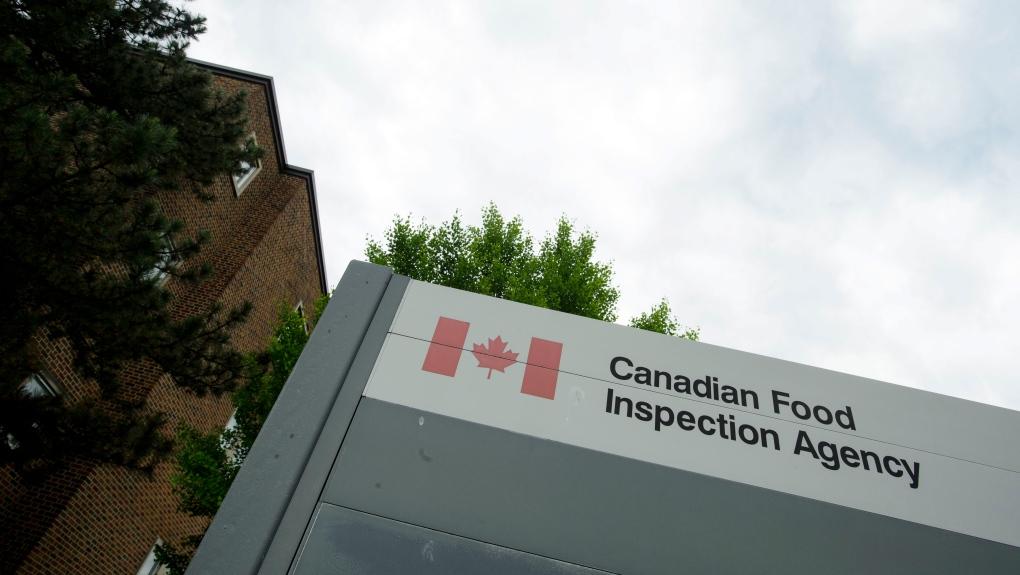The Canadian Food Inspection Agency (CFIA) is launching public consultation on food labels for “contested territories,” specifically imported foods from certain countries.
“Consumers are increasingly knowledgeable about food labels, and labelling is one of the most important and direct ways for the industry to share information. All food sold in Canada must be properly labelled in a way that is not false or misleading, including origin indications,” the department said in a July 10 news release.





